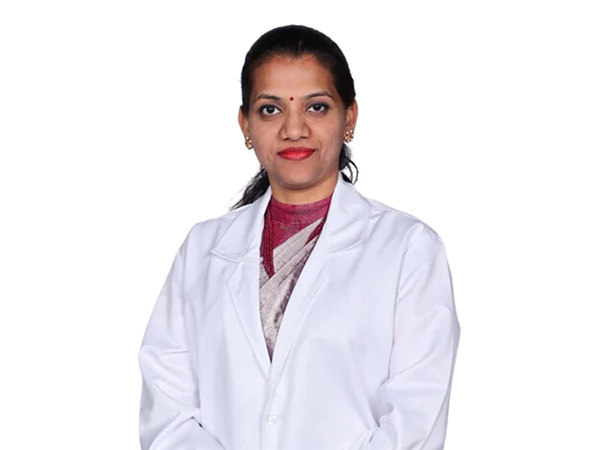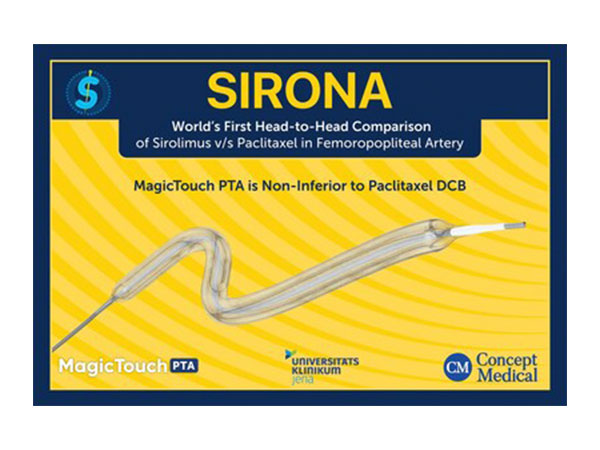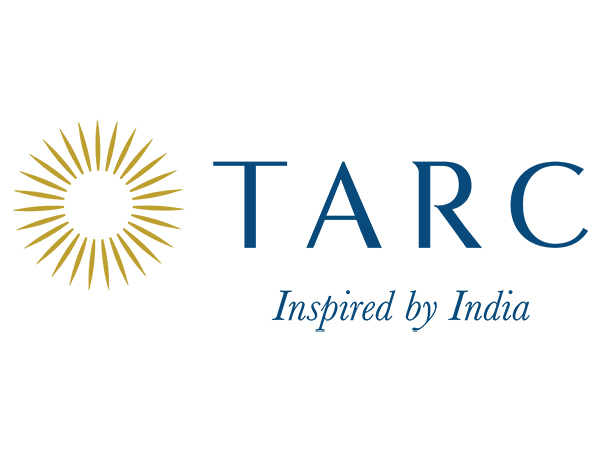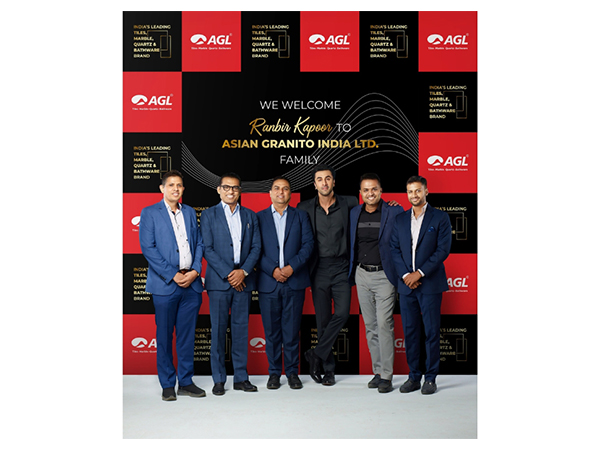Renowned Laparoscopic Gynecologist Dr. Anusha K.S Offers Tips for Infertility Treatment
Jul 09, 2024
PNN
Bangalore (Karnataka) [India], July 9: Infertility is a growing concern among many couples worldwide. With increasing awareness and advancements in medical science, numerous treatment options are now available to help those struggling with infertility. Dr. Anusha K.S, a distinguished laparoscopic gynecologist, shares valuable insights and tips on managing and overcoming infertility. Dr. Anusha K.S, with her impressive credentials, including MBBS, DGO, DNB, Laparoscopic Course, and FMAS (Fellowship in Minimal Access Surgery), serves as the Senior Consultant and Head of the Department of Obstetrics and Gynaecology at Zymus Hospital, Kanakapura Road, Bengaluru.
Understanding Infertility
Infertility is defined as the inability to conceive after one year of unprotected intercourse. It can affect both men and women, and its causes are diverse and multifaceted. For women, common factors include ovulatory disorders, tubal blockages, endometriosis, and age-related factors. In men, infertility may be due to low sperm count, poor sperm motility, or other sperm abnormalities.
"Understanding the root cause of infertility is crucial," emphasizes Dr. Anusha. "Each couple's situation is unique, and a thorough medical evaluation is essential to determine the best course of action."
Initial Steps in Infertility Treatment
The first step in addressing infertility is a comprehensive evaluation of both partners. This typically includes a detailed medical history, physical examination, and specific diagnostic tests. For women, this may involve hormonal tests, ultrasound scans, and hysterosalpingography (HSG) to check for tubal patency. For men, a semen analysis is often the primary test.
Dr. Anusha advises, "Couples should seek medical advice early if they face difficulties conceiving. Early intervention can significantly improve the chances of successful treatment."
Lifestyle Modifications
One of the simplest yet most impactful steps in managing infertility is adopting a healthy lifestyle. Dr. Anusha highlights the importance of diet, exercise, and stress management:
Healthy Diet: A balanced diet rich in fruits, vegetables, whole grains, lean proteins, and healthy fats can enhance fertility. Avoiding excessive caffeine, alcohol, and processed foods is also beneficial.
Regular Exercise: Maintaining a healthy weight through regular exercise can improve reproductive health. Both obesity and being underweight can negatively affect fertility.
Stress Management: High stress levels can interfere with hormonal balance and ovulation. Practices such as yoga, meditation, and mindfulness can help reduce stress.
"Small lifestyle changes can have a significant impact on fertility. It is important to create a supportive and healthy environment for conception," says Dr. Anusha.
Medical Treatments and Interventions
When lifestyle modifications alone are insufficient, medical treatments may be necessary. The treatment approach depends on the underlying cause of infertility:
Ovulation Induction: For women with ovulatory disorders, medications such as Clomiphene Citrate, Letrozole, or Gonadotropins can stimulate ovulation.
Intrauterine Insemination (IUI): This procedure involves placing sperm directly into the uterus around the time of ovulation. IUI is often recommended for mild male factor infertility or unexplained infertility.
In Vitro Fertilization (IVF): IVF is a widely used assisted reproductive technology (ART) that involves fertilizing an egg outside the body and then transferring the embryo into the uterus. It is recommended for various infertility causes, including tubal blockages, severe male factor infertility, and advanced maternal age.
Intracytoplasmic Sperm Injection (ICSI): ICSI is a specialized form of IVF where a single sperm is injected directly into an egg. This technique is particularly useful in cases of severe male infertility.
Laparoscopic Surgery: For conditions such as endometriosis, fibroids, or tubal blockages, laparoscopic surgery can be a minimally invasive option to restore fertility.
"Laparoscopic surgery has revolutionized the field of gynecology. It allows us to diagnose and treat various conditions with minimal discomfort and quicker recovery times," explains Dr. Anusha.
Emotional and Psychological Support
Infertility can be emotionally taxing, leading to feelings of frustration, anxiety, and depression. Dr. Anusha underscores the importance of emotional support throughout the treatment journey:
"Emotional well-being is as important as physical health. Couples should seek support from counselors, support groups, or therapists to navigate the emotional challenges of infertility treatment."
Innovations and Future Directions
The field of infertility treatment is constantly evolving with new research and technological advancements. Dr. Anusha is optimistic about the future of infertility treatments:
"Emerging technologies such as genetic testing, improved ART techniques, and personalized medicine hold great promise. These innovations will enable us to offer more effective and tailored treatments to our patients."
Patient-Centered Approach
At Zymus Hospital, Dr. Anusha and her team prioritize a patient-centered approach. This involves personalized care plans, clear communication, and compassionate support.
"Every patient is unique, and our approach is tailored to meet their specific needs and preferences. We are committed to providing the highest standard of care with empathy and understanding," says Dr. Anusha.
(ADVERTORIAL DISCLAIMER: The above press release has been provided by PNN. ANI will not be responsible in any way for the content of the same)








